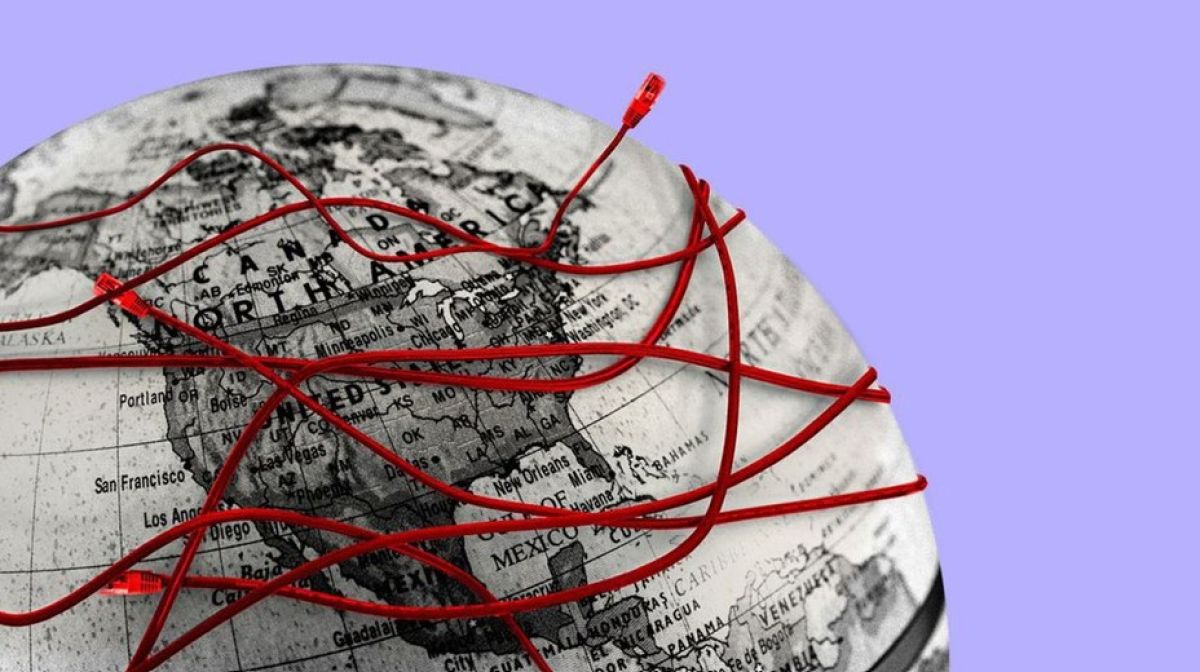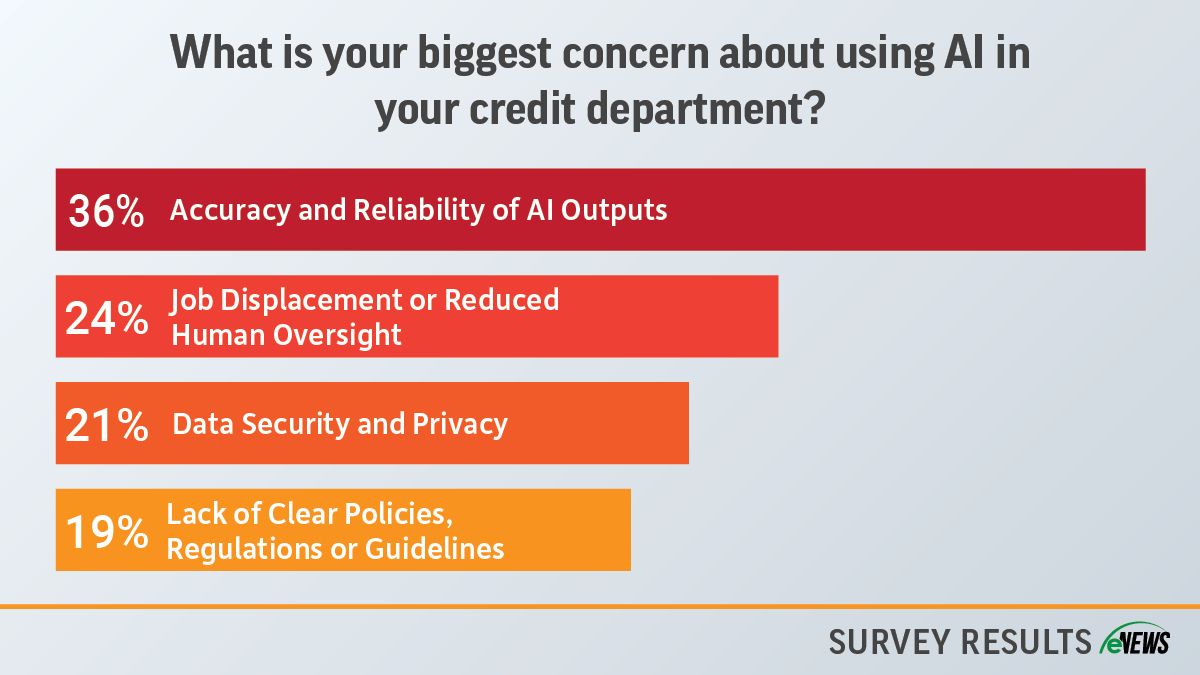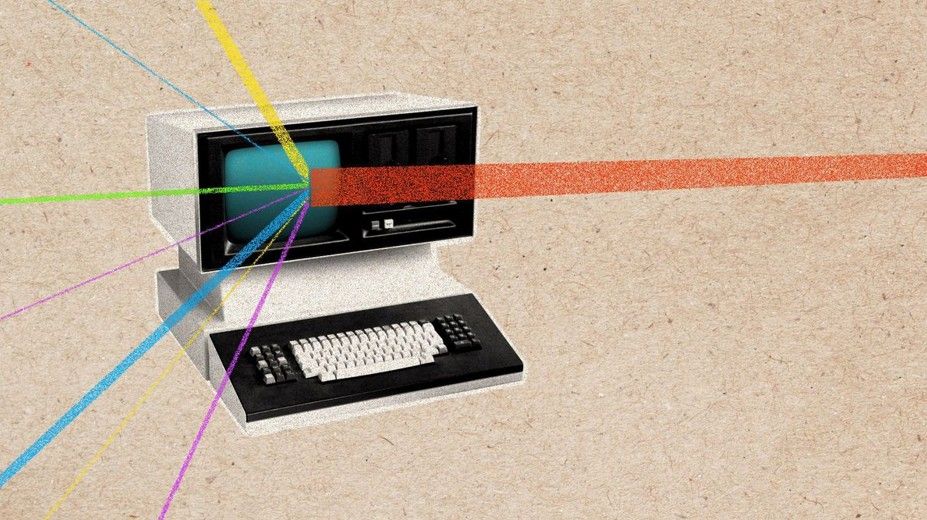Economy, eNews, Government
Sanctions and tariffs: How credit managers can prepare for Trump’s economic policy shift

Sanctions were a cornerstone of President-Elect Donald Trump’s first administration’s foreign policy strategy. Following his victory in the 2024 election, many are expecting to see an increase in sanctions and tariffs, but the extent is still unclear.
Why it matters: With sanctions threatening to reshape exports for many American companies engaging in business overseas, it is important for B2B credit managers to prepare for potential new sanctions that could impact their business.
By the numbers: A recent eNews article revealed that 22% of credit managers conduct sanctions screening on international customers before every credit approval. A quarter of credit managers screen for sanctions only when required by law, compared to 39% who don’t screen for sanctions at all. 14% say they conduct sanctions screening annually or periodically.
This week, the Department of Commerce’s Bureau of Industry and Security announced new sanctions on China, specifically related to the production of semiconductor equipment. This move by the Biden administration reflects a stricter relationship with China and might mean that Biden’s final weeks will bring increased sanctions as the nation braces for Trump’s second term.
In the weeks leading up to his inauguration, Trump has offered different proposals on how he will use tariffs and sanctions during his term. Trump threatened to impose tariffs on the BRICS countries if they create a new currency. In a post on Truth Social, Trump proposed 100% tariff on the BRICS, the intergovernmental organization including Brazil, Russia, India, China, South Africa, Iran, Egypt, Ethiopia and the United Arab Emirates. This exemplifies how the president-elect intends to use significant sanctions and tariffs to guide his foreign policy.
Trump recently announced he would impose considerable sanctions on our three closest trading allies, with a 25% hike for Mexico and Canada, and 10% for China. It is unclear if Trump will impose these tariffs, with some economists suspecting these plans are really threats to pressure foreign governments into negotiating with him for the benefit of himself and his allies.
Tariffs and sanctions were equally important during his first administration, with tariffs being placed on $380 billion of American imports, according to The Guardian. The cost of these tariffs was largely absorbed by American consumers, who suffered under the negative impact of the retaliatory tariffs imposed by other countries.
With the talk of sanctions, there is concern that Trump will not maintain the sanctions imposed on Russia during the Biden administration, which was a united response to the conflict in Ukraine by the G7 nations and the European Union. Trump may not have the final say in the matter, his appointees for positions in the National Security Council, Treasury and State Department along with Congress have the power to guide these decisions.
When a sanction is announced, it could go into effect upon publication on the Federal Register website, or within 30 days of its publication in the print edition, which is why it is critical to monitor the Pre-Federal Register website. Exporters may to need to cease the exporting activity or they can apply for a special license in order to continue. Appeals are managed by different agencies depending on the type of sanction, with the Department of State handling sanctions specially designed for the military and the Department of Commerce handling most others.
“Within 10 days of receiving an application for a license, Commerce has to make a recommendation: either they deny it or they return it without action because it doesn’t need a license, or it needs additional information, or they recommend for approval,” said Paul DiVecchio, principal of DiVecchio & Associates. “But generally, in about 85% of the cases, depending on the country, they’ve got to send it out for interagency review, meaning they send it to Department of State, Department of Defense and Department of Energy.”
Under the Biden administration, our government agencies have been overwhelmed by license applications, meaning many companies find themselves waiting for weeks for approval. With these agencies already overwhelmed, the promise of more sanctions sparks concerns that these wait times are only going to grow as more and more businesses find sanctions clamping down on their international exports and operations overseas.
“It’ll become a nightmare,” DiVecchio said. “The worst thing for any company is not being able to predict what they can or cannot do in order to judge how they’re going to run their business. That, to me, is probably the most important issue. The lack of transparency results in a lack of predictability for the business in order to engage in international trade. Also, the regulations that have come out that are very convoluted and confusing, if that’s the case, how is the company going to know how to comply to the regulation?”
The bottom line: For credit managers with large international accounts or overseas manufacturing, it is important to know and understand your role in corporate compliance. For many companies, there is a compliance department that eyes new sanctions to avoid stepping out of line. It is crucial that there is strong communication between this department, credit managers and sales, in order to prevent any possible violations.
Paul DiVecchio will provide updates on the topics of sanctions and tariffs at our 2025 Credit Congress. Register by Friday to enjoy the best rate.





